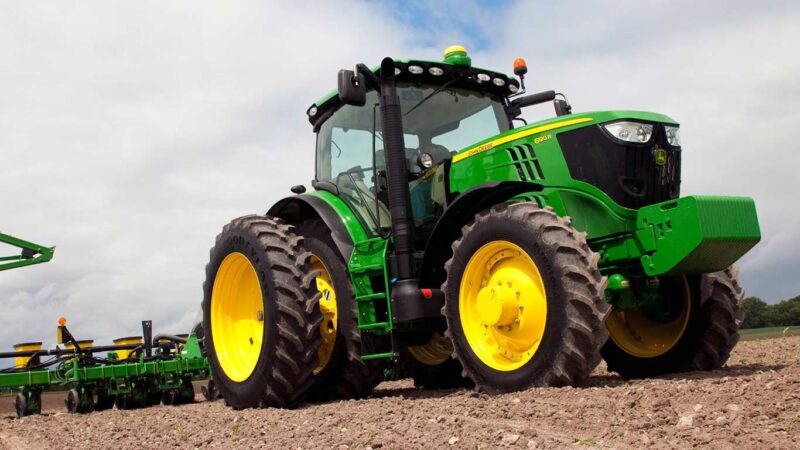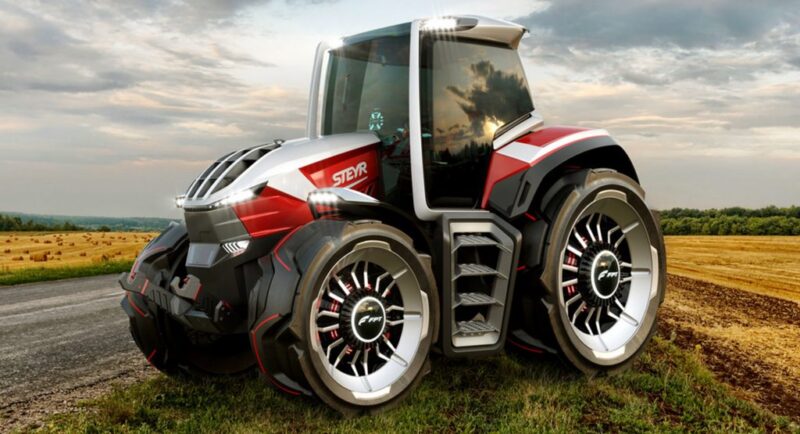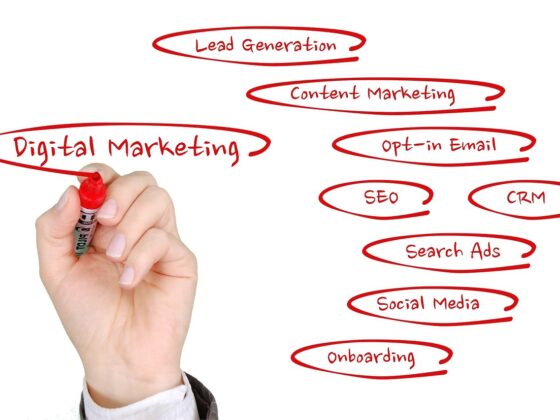In the vast and varied landscape of modern agriculture, tractors stand as the workhorses of the industry, essential for a range of tasks from plowing to planting. However, as with many facets of industrial progress, the environmental impact of tractor transport is significant, necessitating a closer examination and the pursuit of sustainable solutions.
Environmental Impact of Tractor Transport

- Emissions: Tractors, like many large vehicles, typically run on diesel engines. These engines emit a variety of pollutants, including nitrogen oxides (NOx), particulate matter (PM), and carbon dioxide (CO2). NOx and PM are particularly concerning, contributing to smog, acid rain, and respiratory problems in humans. CO2 is a well-known greenhouse gas, significantly contributing to global warming.
- Soil Compaction: The heavy weight of tractors, especially when carrying loads, can lead to soil compaction. Compacted soil has reduced air pockets, making it difficult for water and nutrients to penetrate and for roots to grow. This can lead to decreased agricultural yields and increased need for irrigation and fertilizers, further exacerbating environmental impacts.
- Noise Pollution: Tractors are also sources of noise pollution, especially in rural areas where the contrast to the natural environment is stark. Continuous exposure to high levels of noise not only affects human health but also disturbs wildlife, altering their natural behavior and habitat.
Sustainable Solutions

- Alternative Fuels: One of the most direct ways to reduce the environmental impact of tractors is through the use of alternative fuels. Biodiesel, electric, and hydrogen fuel cells are promising alternatives. Biodiesel reduces emissions of CO2 and particulates, while electric and hydrogen tractors produce no direct emissions. However, the sustainability of electric and hydrogen options depends significantly on how the electricity or hydrogen is produced.
- Improved Efficiency: Technological advancements can lead to more efficient tractors that use less fuel and produce fewer emissions. This includes improvements in engine design, aerodynamics, and the use of lightweight materials. GPS and sensor technology can also optimize field operations, reducing unnecessary passes over the land and thus fuel consumption.
- Regenerative Agricultural Practices: Beyond the tractors themselves, changing farming practices can mitigate some of the environmental impacts. Techniques like no-till farming, cover cropping, and diversified crop rotations can reduce the need for frequent tractor use, thus decreasing emissions and soil compaction. These practices also contribute to soil health, carbon sequestration, and biodiversity.
- Policy and Education: Government policies can incentivize the adoption of cleaner technologies and practices. This might include subsidies for clean energy tractors, regulations on emissions, or support for research and development. Education and training for farmers are also crucial, ensuring they are aware of the environmental impacts and know how to implement sustainable practices effectively.
Conclusion:
The environmental impact of traktortransport is a multifaceted issue, touching on air and soil quality, climate change, and more. However, through a combination of technological innovation, sustainable agricultural practices, and supportive policies, it is possible to mitigate these impacts. The transition to sustainable tractor transport is not only an environmental imperative but also an opportunity to lead in the evolution of agricultural practices for a healthier planet. As we move forward, it is crucial that all stakeholders — from farmers and manufacturers to policymakers and consumers — collaborate to foster a sustainable future in agriculture.


